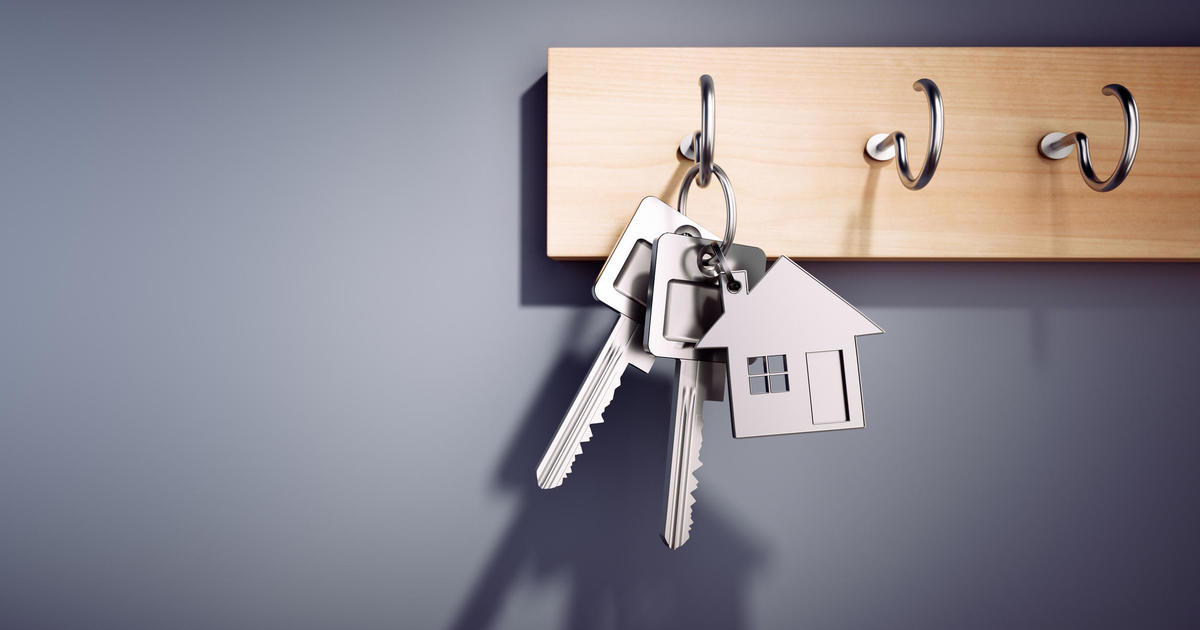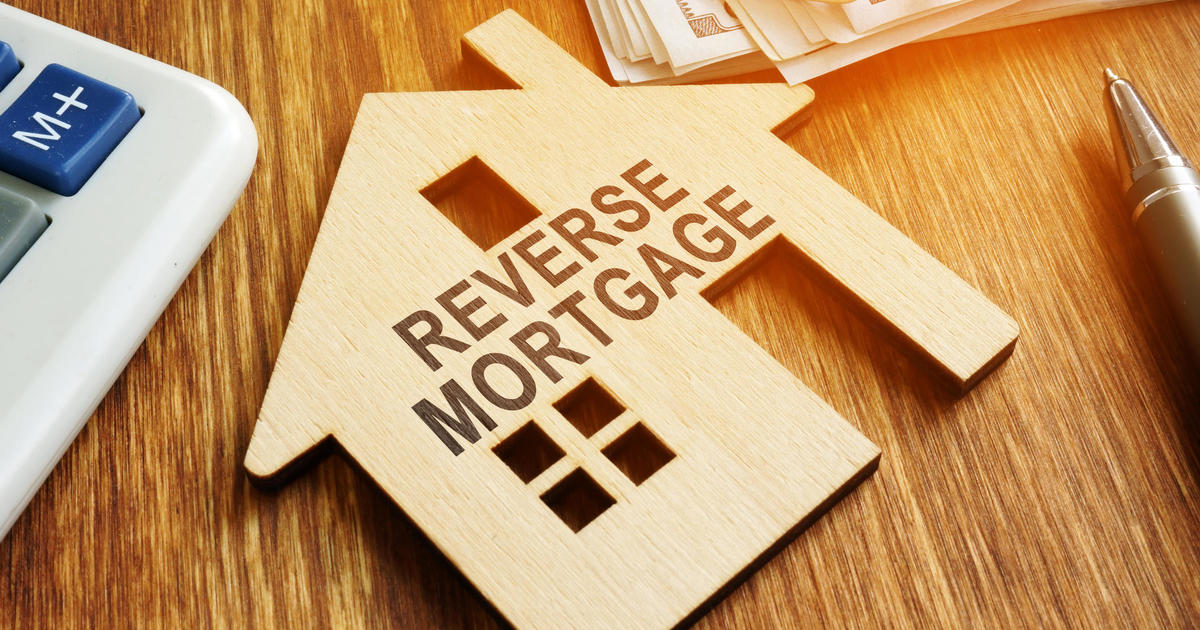Can you afford a home equity loan? 5 ways to know
For homeowners looking to fund major expenses, like home renovations, education costs or debt consolidation, a home equity loan can be an attractive option. And, that's especially true in today's unusual economic environment. Not only are home equity loan rates currently lower than the rates on credit cards or other types of loans, but the average homeowner currently also has about $300,000 in home equity right now.
But while it can make sense to borrow against the equity you've built, the reality is that taking on additional debt secured by your home is a big decision that requires careful consideration. Not everyone is financially prepared for a home equity loan. And, since your home is used as collateral, borrowing too much and missing your home equity loan payments as a result could lead to foreclosure over time.
That's why it's important to assess if you can truly afford the added monthly payments and risks that come with a home equity loan.
Ready to tap into your home's equity? Find the home equity loan rates available to you here.
Can you afford a home equity loan? 5 ways to know
Want to assess whether a home equity loan makes sense for your finances? These five strategies can help:
Calculate your new monthly payment
When you borrow money from your home's equity, you'll have a second monthly loan payment in addition to your regular mortgage payment. So, to determine whether you can afford the home equity loan, you need to make sure you can comfortably fit the extra monthly payment into your budget without cutting into other important goals like retirement savings.
There are a few ways to calculate this, but one simple method is to use an online home equity loan calculator to estimate what the new total monthly payment could be. Once you've calculated your monthly payment, compare it to your budget to ensure it fits comfortably within the range you have earmarked for it.
Explore your best home equity loan options online today.
Run the numbers on interest rates
Home equity loans typically come with higher interest rates than primary mortgage loans, but the rates are still generally lower on average than most other financing options. To determine whether you can afford the home equity loan, calculate how much you'll pay in total interest over the life of the loan at the offered rate. Is that a cost you're willing to take on?
And, be sure to compare the rates you're offered on a home equity loan or a home equity line of credit (HELOC) to offers you get on other loan products. For example, if you're a borrower with a good credit score and borrowing profile, you could qualify for a 0% interest rate on a credit card instead. That could be the cheaper option of the two, provided that you can pay off what you borrow within the introductory period.
Assess your job security
Losing your job and primary income stream could make those extra loan payments difficult to keep up with. So, as part of determining whether you can afford a home equity loan, you should look critically at how stable your current employment situation is.
Have there been recent layoffs or reductions at your company or in your field? Were you recently hired or do you plan to change jobs soon? If the answer to either of those questions is yes, be sure to weigh whether you'd still be able to afford your home equity loan payments if you were to be temporarily displaced from your current position.
And, do you have enough emergency savings to cover loan payments for six to 12 months? If not, a home equity loan may be too risky to take on right now.
Understand your equity stake
Taking a large loan against the equity in your home depletes that equity amount, at least until your loan is paid off in full. That's why it makes sense to ensure that you'll still have at least 20% equity remaining after the home equity loan.
Keeping that amount (or more) in equity protects you from going underwater on your mortgage if home prices decline. So run the total numbers to understand exactly how much usable equity you'll have left. And, if you find that you would have less than 20% equity in the home after borrowing, you may want to think twice about whether a home equity loan is truly affordable for you at this point.
Think through your time horizon
If you're planning to use the money from your home equity loan to make renovations or repairs, it's important to consider your time horizon while determining the affordability of your loan. After all, while you may be able to afford the monthly payments, the amount of time you plan to remain in your home still plays a critical role in determining if a home equity loan makes financial sense.
For example, if you plan on staying put for 10 years or more, that gives you ample time to enjoy the benefits of your home improvement or other investment over many years. This long time horizon increases the chances you'll recover the costs through added home equity and value from the renovation.
However, if you're planning to move within the next five to seven years, you may not recoup enough value to justify the home equity loan costs. That's because extensive renovations don't automatically translate into an equal rise in home value, and you may only recoup a portion of those costs when selling. The shorter your time remaining in the home, the less financial sense it may make to take out a home equity loan for renovations or other expenditures.
The bottom line
For many homeowners, a home equity loan can be a valuable financial tool when used strategically. But borrowing money from your home's equity is not a decision to take lightly. By evaluating your specific circumstances through the lens of monthly payment affordability, interest costs, equity stake, job security and time horizons, you can determine if this type of borrowing makes sense. And, with proper preparation and planning, you can ensure that taking out a home equity loan aligns with your short- and long-term financial goals rather than creating future stress and struggles.




